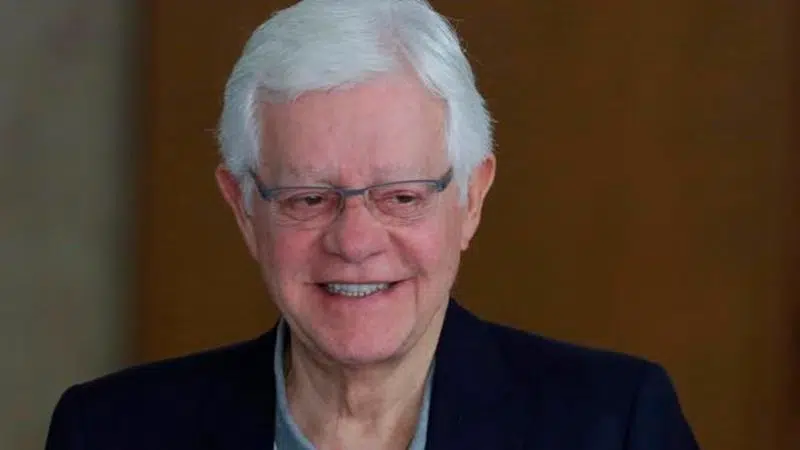
Ex-President Temer arrested in Brazil on corruption charges
RIO DE JANEIRO — Former Brazilian President Michel Temer was arrested Thursday on corruption charges, a dramatic development in a sprawling graft probe that has roiled Latin America’s largest nation and shows no sign of slowing.
Judge Marcelo Bretas issued an arrest order for the ex-president as well as former Cabinet minister and Temer ally Moreira Franco and eight others.
According to the prosecutors, construction company Engevix paid Temer bribes in exchange for a contract to build a nuclear power plant in the city of Angra dos Reis in the southern part of Rio de Janeiro state.